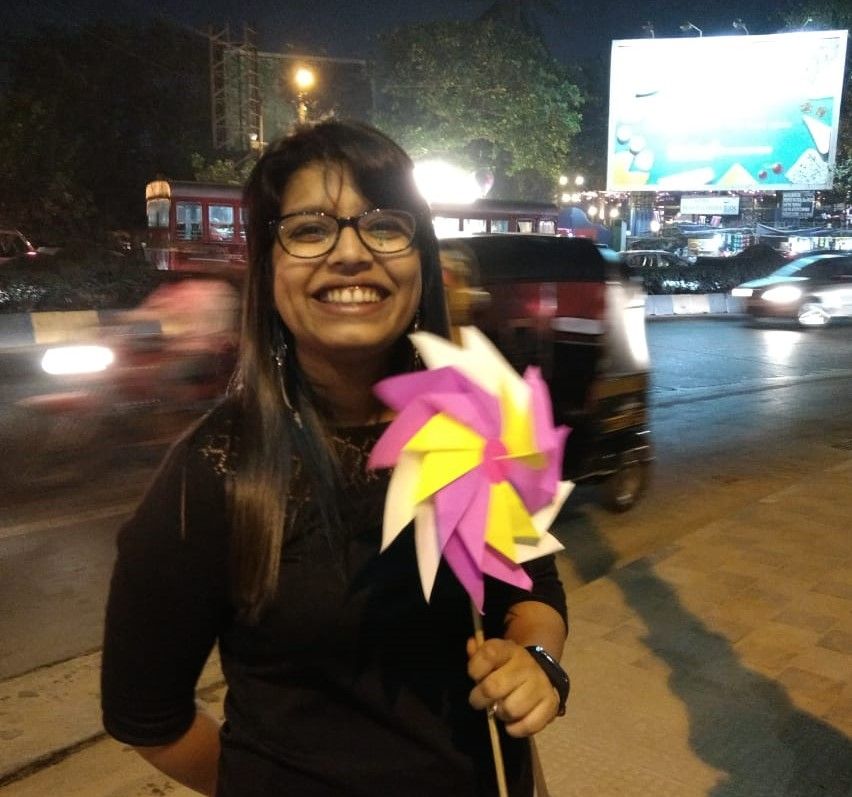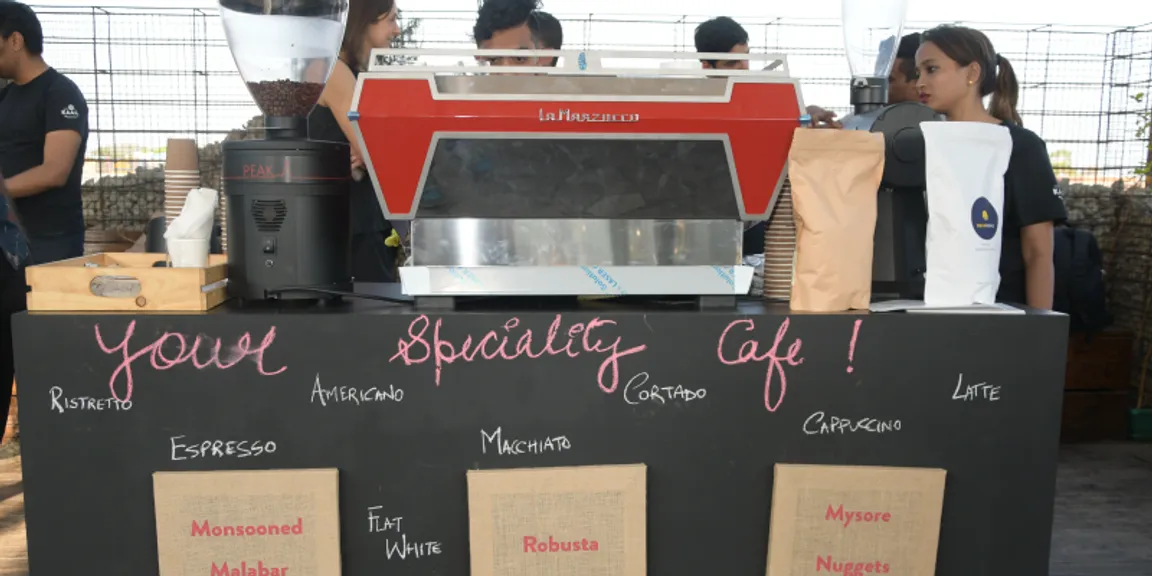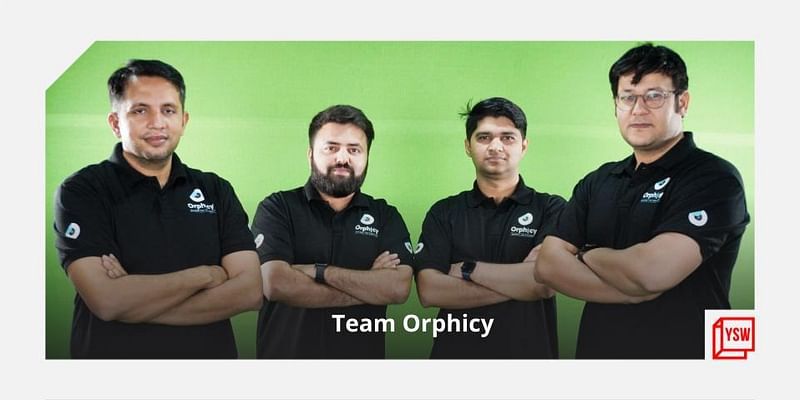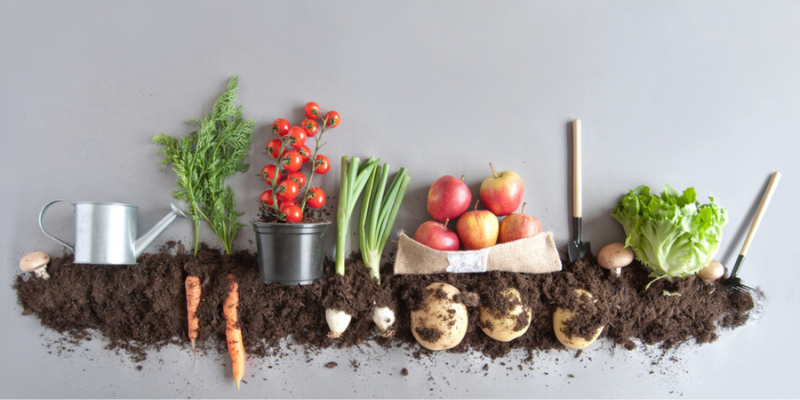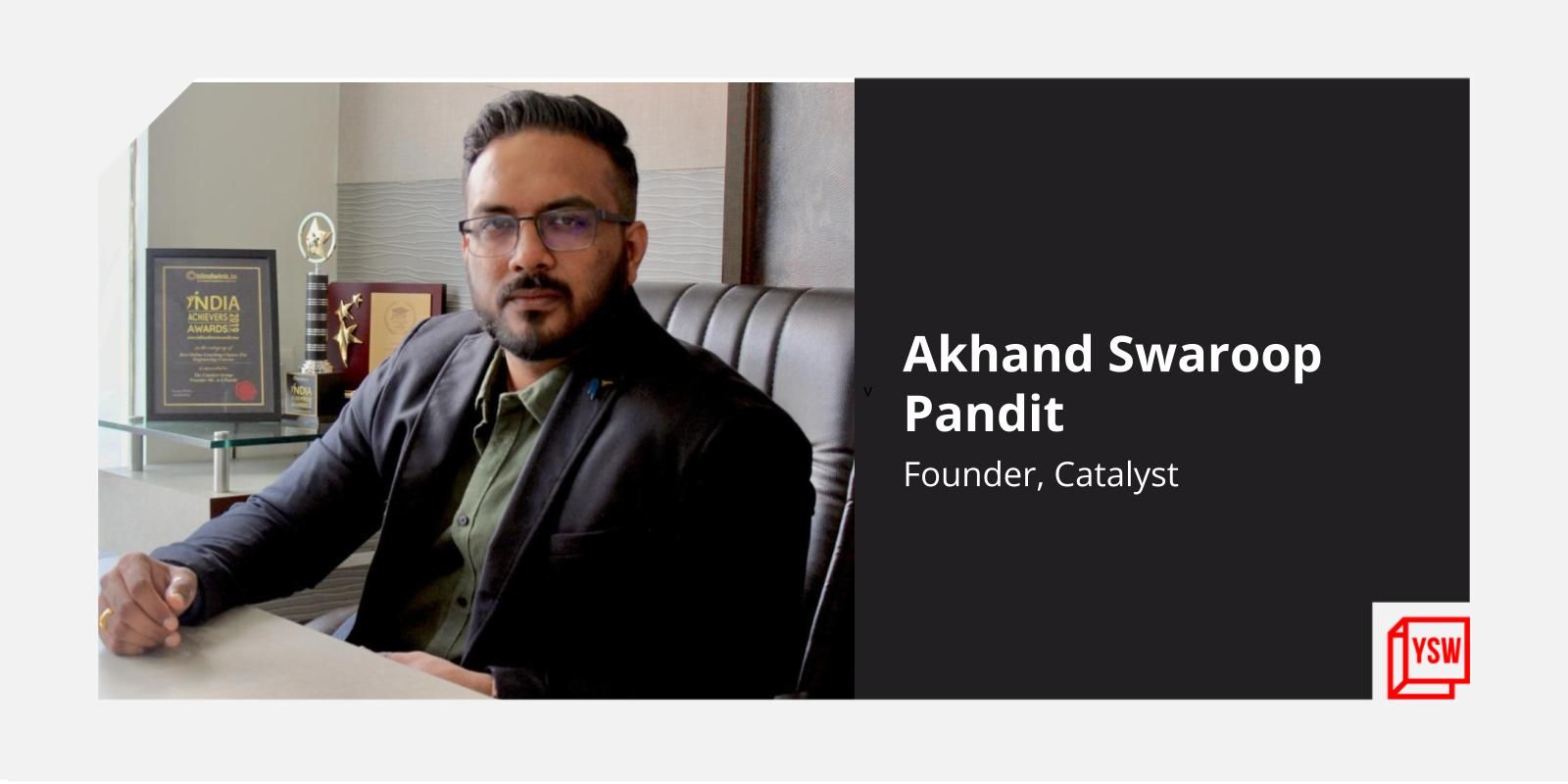Coffee is the new romance story in India: Abhinav Mathur, Kaapi Machines
In a tea-loving nation, Abhinav Mathur of Kaapi Machines is bringing coffee to the homes of regular households, and to workplaces of the tech-savvy Gen Z. In an interview, he shared his insights into the world of coffee.
Did you know that espresso has just one-third of the caffeine content of a cup of regular coffee? Or that the density of a filter paper can bring about a vast difference in the taste and flavour of your coffee? And that 40 percent of the world’s coffee is produced by Columbia and Brazil?
Abhinav Mathur, CEO, Kaapi Machines has over 15 years of work experience, working with organisations which include Stovekraft, Indulge Beverages, Stanley Black & Decker, and Philips Consumer Lifestyle. As the CEO of Kaapi Machines, Abhinav has been instrumental in bringing in several new-age coffee equipment into India, including the Ripple Maker, PuqPress, and Nitron, and his objective has been to equip consumers with technology that will help them raise the quality of coffee in India.
In an exclusive chat with YS Weekender, Abhinav says, “Coffee is the new romance story that Indians are indulging in, and it is definitely here to stay.”

L- R: Julia, Modbar; Mike Khan, La Marzocco; Abhinav Mathur, Ceo, Kaapi Machines
Edited excerpts from the interview
YSWeekender: What do you think has changed for coffee over the years in India?
Abhinav Mathur: India is among the top 10 coffee-exporting countries in the world. As a nation that enjoys coffee, we have come a long way from exporting coffee outside India, to now having a modern generation of growers and roasters, creating artisanal speciality coffee for the local market.
Currently, we are in the third wave of coffee, where the quality of coffee is traced from the end beverage in the cup back to the actual coffee bean. Today, it has moved on from being merely filter kaapi or phenti hui coffee – to a scenario where consumers like to indulge in cold brews, nitro brews, and coffee cocktails.
With the increasing presence of local growers and passionate home-brewers taking interest in their morning cuppa, coffee has come a long way from simply being just another drink in a tea-loving nation. Further, the growing trend in consumption is a positive indicator of how India might become one of the largest coffee-producing countries in the world.

An espresso machine by La Marzocco which has partnered with Kaapi Machines.
YSW: How have the coffee flavours evolved in India?
AM: Coffee in India is no longer just a southern phenomenon or a market that is satisfied with instant coffee. With the advent of café-chains, an interesting new set of consumers emerged who were interested in tasting freshly brewed coffee and learning more about it. The new breed of coffee-entrepreneurs is bringing the joy of relishing coffee to the market. This coffee goes through different stages of roasting and grinding, where different flavours have been experimented with.
Coffee flavours can be distinguished, based on aroma and taste, besides acidity, bitterness, sweetness, and body. Many flavours are dependent on where the coffee is grown, how it is processed, and how it is roasted.
Roasters in India are trying to create interesting taste profiles to offer variety and raise the quality of coffee in India.
Currently, coffee flavours come in brilliant notes that showcase the conscientious zeal of the growers behind it. With coffee production not being restricted only to production, passionate artisanal coffee lovers are making it their playground to infuse innumerable flavours in the coffees.
This spectrum is huge – one can sip on flavours that boast of nutty-cherry flavour, notes of berries, or those with a sweet acidic taste and fruity notes. At Kaapi, we try and educate coffee-lovers and customers, not only on the basics of coffee tasting through our cupping sessions, but also helping them understand the entire coffee flavour wheel.

La Marzocco's artisanal espresso machine on display, which has tied-up with Kaapi Machines.
YSW: What is your opinion on the niche micro-breweries? How are they faring?
AM: Micro-roasteries in India offers consumers a chance to see the entire coffee processing in one place. This was made famous internationally by Starbucks through its “Reserve Stores”, but now you can find roasteries in all major Indian cities, including smaller cities like Jaipur and Nagpur.
These roasteries are driving the consumption, awareness, and elevating the quality of coffee in India. They are also making coffee a preferred drink and not just a cool drink. While it’s early to comment on their commercial success, they are the torchbearers of quality coffee in the country.
Additionally, these places serve as vanguards of new experiments. They are pushing the café culture’s existence from a simple cappuccino to savouring black coffee.
Kaapi Machines has set up a number of such roasteries and our product range starts from coffee roasters and moves to coffee grinders, brewing equipment, and accessories.
We also engage with such roasteries for our coffee meet-ups to encourage the coming together of the coffee community.

Kaapi Machines' represents brands like Rancilio which provide equipment for coffee-making.
YSW: What is your opinion on artisanal coffee?
AM: At present, artisanal coffee is a celebration and rediscovery of regional flavours that are essentially Indian – from sourcing to packaging, or as often described as “from bean to the cup”.
The detailed attention on the right harvesting techniques or how the beans should finally be sourced – these have contributed to elevated coffee experiences.
Today, new-age artisanal brands like , , and Dope Coffee are making waves in this space in India, and we provide equipment to all of them
YSW: India is better known for its tea. Why do you think people have shifted to coffee?
AM: Coffee is not just a drink, but a ritual for many.
Undeniably, Karnataka and Tamil Nadu have been the key coffee production estates, but with the growing interest in coffee, many other regions in the country are producing coffee. The market is filled with appliances that homeowners can experiment with to enjoy their favourite cuppa in the morning.
One key reason for the growth of coffee is because of the inherent complexity of the beverage, as well as the varied methods for brewing.
YSW: A lot of health experts are divided on the health benefits of coffee. What is your opinion?
AM: There are mixed reviews on health and coffee, but we can only say good coffee should be enjoyed without milk and sugar, as this is definitely low on calories. I would say – have coffee, not because of health reasons, but because you enjoy it.
YSW: What are some of the varieties of coffees found in India and abroad?
AM: In India, mainly two types of coffees are found - Arabica and Robusta. The weather conditions are more apt for Robusta. However, we grow Arabica as well. India has three well-known specialty coffees – Kaapi Royal, Monsoon Malabar, and Mysore Nuggets.
Not a lot of international coffee makes its way to India due to high duties, and bigger markets like Europe, the US, and Australia which have a high consumption rate. However, several African, Asian, and South American countries are coffee growers.
YSW: Several Indian brands are offering speciality coffee which is priced very high. Are they really special and worth buying?
AM: Yes, we have several speciality coffee brands now in India. India’s tryst with speciality coffee began a few decades ago but has gained momentum only recently. Speciality coffee is distinguished based on its origin, cultivation, processing, handling, branding, and the final appearance.
Speciality coffee is not an easy feat for growers, roasters, and baristas, as all of them must follow standards defined by the Speciality Coffee Association (SCA) to maintain consistency and quality. The best of cherries to the best of beans are roasted and made by SCA certified roasters and baristas, so that the consumer can savour the best flavour profiles.
Most of the cafés serving specialty coffee prefer to procure and roast specialty coffee to maintain consistency and quality. Local coffee shops or the ones backed by artisanal coffee efforts are slowly introducing pour-over brewing devices and offering coffee as an experience and not merely another beverage.
The thirst for a great coffee or the inclination to try speciality coffee could be attributed to the thirst of the well-travelled consumer who is looking for local options across India.

Kaapi Machine employees and baristas posing with La Marzocco's espresso machine.
YSW: What kind of equipment does Kaapi Machines have in its store?
AM: Kaapi Machines product portfolio offers options for roasters, automatic coffee machines, semi-automatic coffee machines, ice blenders, grinders, as well as new-age equipment for cold brew, nitro, and more.
YSW: How did you come up with the idea of Kaapi Machines?
AM: We decided to launch Kaapi Machines in 2005 when we realised that while the café segment was starting to grow, there was no competence in training, machines, and after-sales service to help coffee entrepreneurs launch coffee brands and cafes in India.
We brought together market-leading companies from Germany, Italy, and the US to form this organisation, under the guidance of coffee experts from India and abroad.
As the speciality coffee culture continues to grow, the need for trained baristas, roaster, and producers has never been so important. Understanding this need-gap, we have been closely working on training programmes for new café owners, café staff, coffee aficionados, baristas, and anyone who wants to learn what it takes to make a good cup of coffee.

Team Kaapi Machines
YSW: What are your future plans?
AM: Today, the market gaps mainly include scattered coffee experience, multiple channels of information with no integrated credible expert voice. We want to create one destination for coffee and community, from training, events, machines, beans, and roasting, as well as access to industry coffee experts which the consumer can find under one umbrella.
We believe there is a lot of work to be done until each Indian consumer can truly experience a great cup of specialty coffee.
(Edited by Asha Chowdary)
